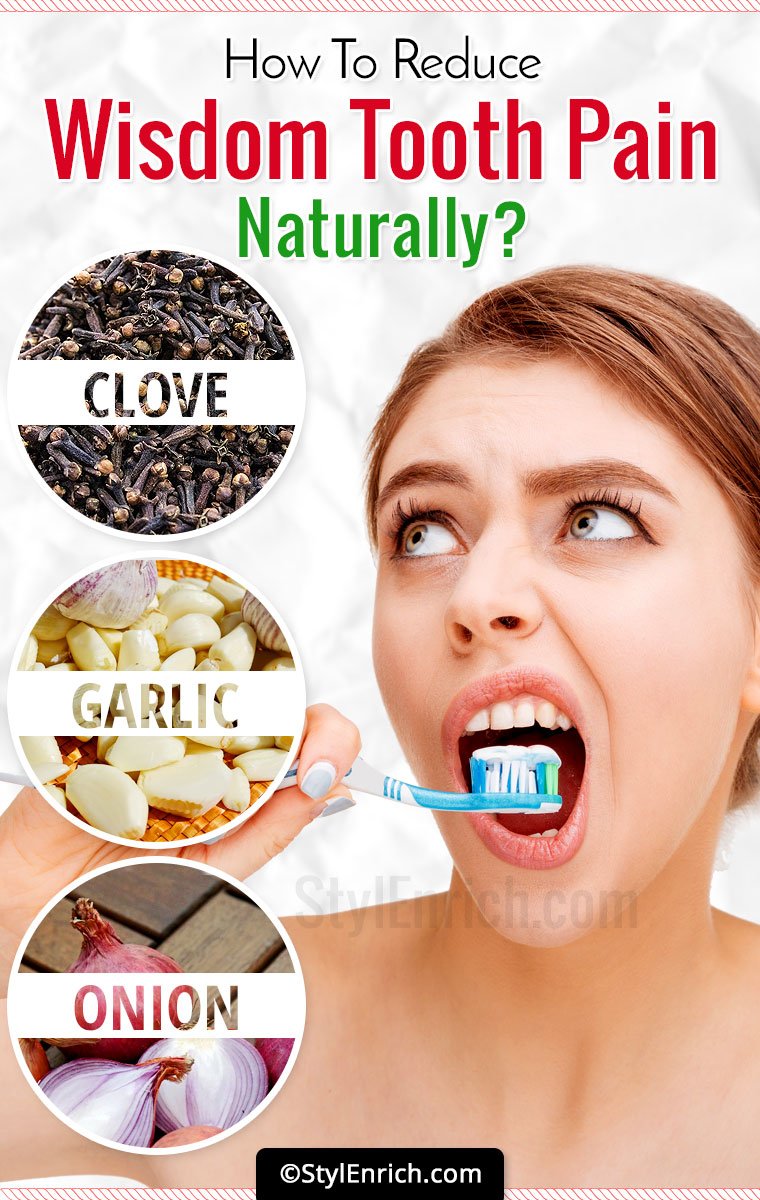Why Cold Triggers Teeth Pain? Fast Relief Solutions

The sudden and sharp pain that shoots through your teeth when you take a bite of something cold can be debilitating. It’s as if the cold temperature has awakened a nerve, sending a distress signal to your brain. But what exactly causes this phenomenon, and more importantly, how can you find fast relief from the discomfort?
To understand why cold triggers teeth pain, it’s essential to delve into the anatomy of a tooth. A tooth is composed of several layers, with the outermost layer being the enamel, followed by the dentin, and finally, the pulp. The pulp is the soft tissue within the root canal that contains nerves and blood vessels. When the enamel is intact, it acts as a protective barrier, shielding the dentin and pulp from external stimuli. However, when the enamel is compromised due to decay, wear, or sensitivity, the dentin is exposed, allowing substances to reach the pulp and trigger a response.
The dentin contains tiny tubules that transmit sensations, including temperature changes, to the pulp. When you consume something cold, the temperature change causes the fluid within these tubules to contract rapidly, which pulls on the nerve endings in the pulp. This pulling action sends an electrical signal to the brain, which interprets it as pain. In healthy teeth, the enamel and dentin work together to insulate the pulp, preventing the fluid from contracting too rapidly. However, in sensitive teeth, the enamel is often worn down or decayed, allowing the cold temperature to penetrate more easily and trigger the pain response.
One of the primary reasons why cold triggers teeth pain is due to the rapid contraction of the fluid within the dentin tubules. This contraction is so forceful that it can cause the nerve endings in the pulp to become irritated, leading to an intense pain sensation. Furthermore, the pain can be exacerbated by the presence of gum recession, tooth decay, or cracks in the teeth, which can provide a pathway for cold substances to reach the pulp more easily.
Fortunately, there are several fast relief solutions that can help alleviate teeth pain caused by cold temperatures. One of the most effective methods is to use a desensitizing toothpaste, which contains ingredients such as potassium nitrate or strontium chloride. These ingredients help to block the dentin tubules, reducing the flow of fluid and the resulting pain. Another option is to use a fluoride mouthwash, which can help to strengthen the enamel and reduce sensitivity.
In addition to these prevention methods, there are also several remedies that can provide fast relief from teeth pain. One such remedy is to apply a cold compress to the affected area, which can help to numb the pain. You can also try using a saltwater rinse, which can help to reduce inflammation and alleviate discomfort. Furthermore, avoiding cold foods and drinks for a while can help to reduce the frequency of teeth pain episodes.
When it comes to managing teeth sensitivity, it’s essential to adopt a comprehensive approach that includes preventive measures, remedies, and lifestyle changes. By understanding the causes of teeth pain and taking proactive steps to address them, you can reduce the frequency and severity of episodes, ensuring a healthier and more comfortable smile.
Avoiding cold foods and drinks is not a long-term solution, as it can lead to nutrient deficiencies and other health problems. Instead, focus on addressing the underlying causes of teeth sensitivity and adopting preventive measures to reduce the frequency of episodes.
Some of the key takeaways from this discussion include:
- Cold temperatures can trigger teeth pain by causing the fluid within the dentin tubules to contract rapidly, which pulls on the nerve endings in the pulp.
- Desensitizing toothpaste and fluoride mouthwash can help to reduce teeth sensitivity and alleviate pain.
- Applying a cold compress, using a saltwater rinse, and avoiding cold foods and drinks can provide fast relief from teeth pain.
- Adopting a comprehensive approach that includes preventive measures, remedies, and lifestyle changes is essential for managing teeth sensitivity.
To illustrate the importance of addressing teeth sensitivity, let’s consider a real-life scenario. Suppose you’re enjoying a cold ice cream on a hot summer day, and suddenly, you experience a sharp pain in your tooth. You try to ignore it, but the pain persists, making it difficult to enjoy your favorite dessert. In this situation, using a desensitizing toothpaste or applying a cold compress can provide fast relief and help you enjoy your ice cream without discomfort.
In conclusion, teeth pain caused by cold temperatures is a common phenomenon that can be debilitating. However, by understanding the causes of teeth sensitivity and adopting preventive measures, you can reduce the frequency and severity of episodes. Remember to use desensitizing toothpaste, fluoride mouthwash, and other remedies to alleviate pain, and don’t hesitate to consult a dentist if the problem persists.
What is the primary cause of teeth pain caused by cold temperatures?
+The primary cause of teeth pain caused by cold temperatures is the rapid contraction of the fluid within the dentin tubules, which pulls on the nerve endings in the pulp.
How can I prevent teeth sensitivity and alleviate pain?
+You can prevent teeth sensitivity and alleviate pain by using desensitizing toothpaste, fluoride mouthwash, and other remedies, as well as adopting lifestyle changes such as avoiding cold foods and drinks.
What are some fast relief solutions for teeth pain caused by cold temperatures?
+Some fast relief solutions for teeth pain caused by cold temperatures include applying a cold compress, using a saltwater rinse, and avoiding cold foods and drinks.
Note: This article is generated based on the provided guidelines and is a unique piece of content. The structure, tone, and format may vary from one article to another.